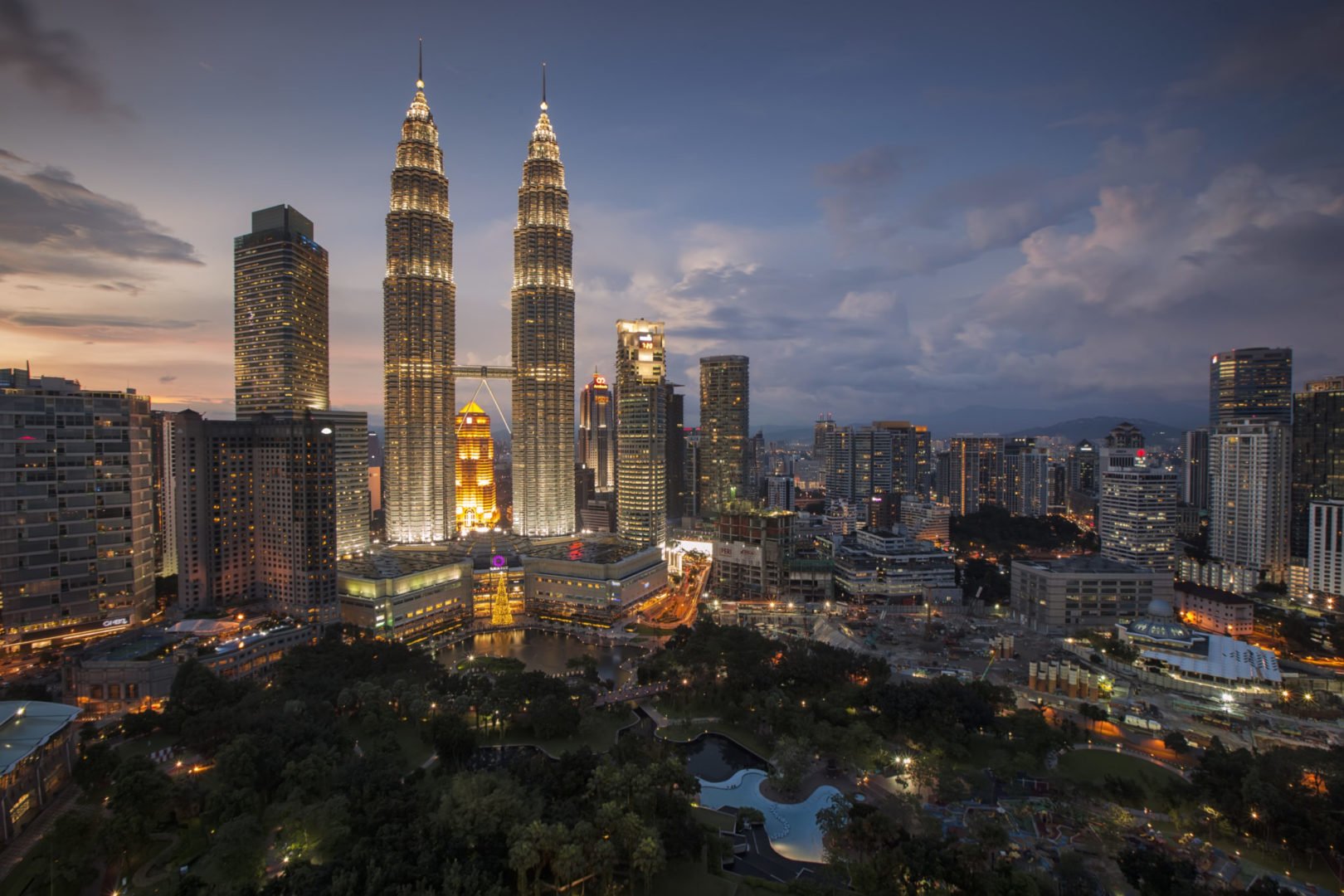LEARN TO DIVE: Essential Steps for Beginner Scuba Divers Are you ready to embark on…

10 reasons to choose Malaysia for your eco-holiday or wildlife volunteering
When you travel with a cause, you want to be sure that your visit and your efforts make a positive impact on the environment and the local community. It’s not easy to make a choice from the many causes and destinations on offer. Since 2007, we have been supporting and developing conservation projects that will protect the wild species and places of our home, Malaysia. Here is why we think you should choose Malaysia for your eco-holiday or wildlife volunteering:
Malaysia is one of only 17 mega-diverse countries in the world
Megadiverse countries have awesome biologival diversity and are home to the majority of Earth’s species. So, by coming to Malaysia, you help iconic species such as the Orangutan, the Tiger and the Asian Elephant and many others. Malaysia’s wild places also have this lushness. So, we can host you in the tropical rainforest or on the shores of the clear turquoise water.
An emerging local conservation sector
There are highly motivated and reputable local conservation groups already active in the field. Organisations such as MYCAT, who are focused on saving the malayan tiger. Or like, GReP the Gibbon Rehabilitation Project working to rewild rescued primates. As the awareness grows, more Malaysians feel the need to take action for their natural heritage.
No public funding for conservation groups
The government has a national policy to create a balance between socio-economic development and environmental well-being, in particular conservation. But there is no established system (yet), whereby local conservation groups can receive public funding. So some very worthwhile initiatives to save species from extinction or preserve wild places are starved of funds. Instead, most of our conservation projects have to be self-funded. So if you choose Malaysia for your conservation volunteering or eco-holiday, then you help not only to protect the environment, but to support these worthwhile projects financially.
Malaysia has been open to change in response to international pressure
Malaysia has come in for international criticism due the recent high rates of deforestation. But it is also a perfect case study about how to change agricultural practices to reduce deforestation. The RSPO Roundtable for Sustainable Palm Oil is headquartered in Kuala Lumpur. It was started in 2004 by palm oil producers and conservation NGOs to develop global standards for sustainability in the sector. Deforestation is slowly being reduced by RSPO certification and other measures.
New laws have been introduced to enhance the protection of wildlife
The Wildlife Protection Act 2010 has recently been introduced. It has really boosted protection for the animals and plants. In addition, the authorities have stepped up their enforcement against poachers and illegal wildlife trade. and more crimes are being detected and punished by the wildlife department.
Malaysia is almost a developed country.
It ranks 59th in terms of the world’s Human Development., just below Bulgaria and Barbados and just above Turkey. It implies a decent standard of living. Some big donors look at this negatively, so the country is often overlooked by international funders for this reason. For conservation, this means that there is a growing awareness among the population and growing support for the environment. Donations and volunteering are growing, especially among the younger generation.
Malaysia is already a top holiday destination,
Malaysia is the third most popular destination in Asia for tourist arrivals, after China and Thailand. It has some great visitor attractions, such as pristine beaches, beautiful forests and delicious food. So a great way to combine pleasure with making a positive impact in your travels, when you choose Malaysia for your eco-holiday or wildlife volunteering.

The people of Malaysia are amazing
Just like the natural heritage, the people of Malayia are very diverse. They represent a unigue cultural melting pot. You can find all the major races and religions of the world: Islam, Buddhism, Hinduism and Christianity. Malaysians are also a very friendly bunch with good English language ability, so chatting to the locals is no problem.
A country united by their love of good food
The many different ethnic groups and religions are a source of amazement and some concern for the future. But there is one thing that unites all Malaysians: their food culture. Knowing Malaysian food is knowing Malaysian culture is a true statement. From the delights of the open air banana leaf stalls to the subtle flavours of laksa, rendang and sambal, the food will make you love Malaysia even more.
It’s easy to get around
Admittedly, it’s more like two countries as West (peninsular) and East Malaysia, on the island of Borneo, are about 500 air miles apart. But luckily, the capital Kuala Lumpur is also the hub for Asia’s largest budget airline. So, flying is no problem. Borneo has been hogging the limelight for a long time, in conservation terms. And for good reason, as it offers the chance to observe orangutan, pygmy elephants and other unique species in the wild. All of this you can do by boat. But West Malaysia is also highly recommended. It is roughly the size of England with a good and rapidly developing public transport system. It has the national park, Taman Negara and the cosmopolitan capital Kuala Lumpur. And it’s the only place where the highly endangered Malayan tiger still roams wild, as do herds of Asian elephants and many primates such as Gibbons.
This is an extensive list. If you can think of more reasons to choose Malaysia, then let us know! We love to hear from you: [email protected].




